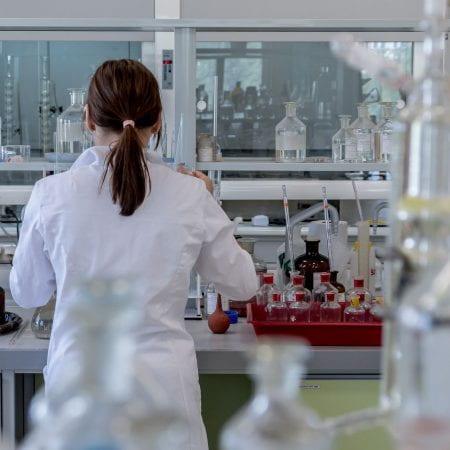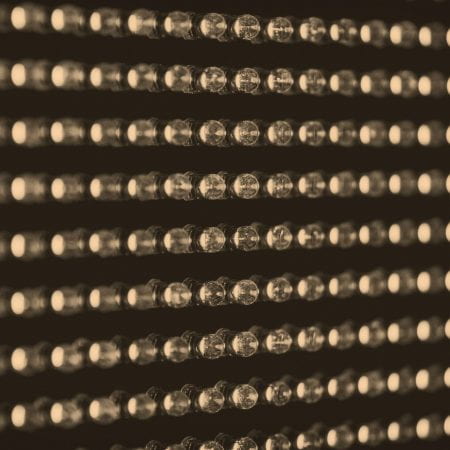Carbon Management Plan 2022-2030
In 2011 the University developed its first Carbon Management Plan, committing to an ambitious carbon reduction target of 30% by 2020 (compared to 2005).
After achieving this target, our next phase of the Carbon Management Plan has been developed to map our pathway to 2030, then 2040.
The updated Carbon Management Plan has been reviewed and formally approved by the University of Lincoln Estates Senior Leadership Team in January 2025. View the Carbon Management Plan 2022-2030 below:
Legal Compliance
The University is required to comply with energy and carbon-related legislation, including:
- Display Energy Certificates (DECs)
- Energy Savings Opportunity Scheme (ESOS) – This legislation has been designed to ensure that organisations regularly audit their estate for potential energy efficiency savings. We are deemed to be exempt from complying with this legislation as we are subject to public contract regulations.
- Heat Network Legislation – This legislation is concerned with accurately billing tenants that are served by a common heating system. Only a couple of our buildings are affected by this. We have reported them to the National Measurement and Regulation Office and await further guidance.
ISO 50001 – Energy Management System
The University of Lincoln is certified to the international ISO 50001 standard for its energy management system. This helped us to drive best practice throughout the organisations and will continue to improve the University energy performance.
What does it mean for the university?
- Improved University reputation
- Lower impact on climate change
- Reduced energy bills – money can be spent on other energy saving projects
- Training opportunities – email environment@lincoln.ac.uk(opens in a new tab) to request our Energy Aware training course
Read our energy-related policies:
Utilities Management
The university is currently supplied by EDF Energy (electricity) and Corona Energy (gas) via the TEC framework, and Castle Water (water).
We monitor our consumption using energy management software (eSight) that is fed by a series of loggers attached to our building-level sub-meters.
It is essential that we all work hard to reduce our consumption of electricity, gas, and water. There are many additional charges on utility bills – including the Climate Change Levy and Maximum Daily Demand charges – that are linked to our level of consumption. We all want our University to spend money wisely and this is where you can make a direct difference by remembering to switch off appliances and lights when not in use.
Delivering the Carbon Management Plan
The Estates team are essential in delivering the University’s ambitious carbon reduction goals. The Senior Leadership Team allocate funding each financial year and the following individuals are responsible for the allocation of those funds to required projects:
- Grant Anderson – Director of Estates
- Rebecca Mills – Head of Sustainability
- Jason Devlin – Sustainability Engineer
- Elaine Ruff – Energy and Carbon Manager



